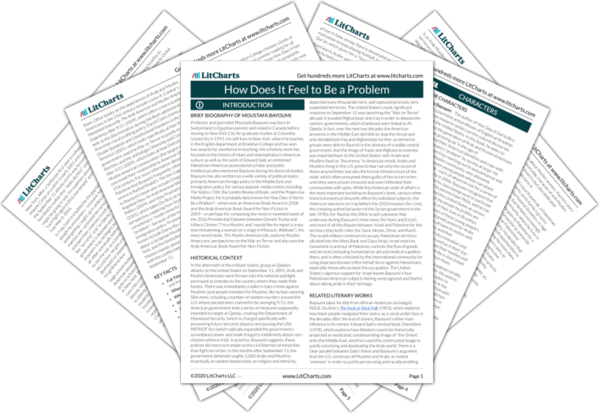Previous
Ramallah
|
Previous
Ramallah
|
Saddam Hussein Term Analysis |
Next
September 11
|
What happens when your homeland is in the process of disintegrating in front of your eyes? What do you do, especially when Iraq's turmoil has always hovered in the background of your life? Perhaps you do what immigrants to the United States and their children have done for generations. You build your own destiny from your American home while keeping one eye open to that which has been lost. And while your American life largely takes over, you still live somewhere between geographies, as you have for most of your life. It's just that the in-between has become harder than ever to locate.
